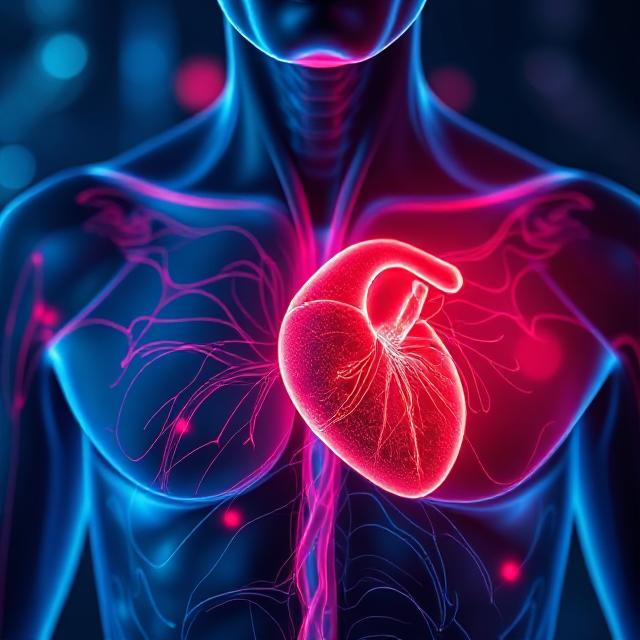Heart disease remains the leading cause of death worldwide, affecting millions of people each year. While some symptoms are dramatic and obvious, others are more subtle — but no less serious. At Complete Cardiology, we believe that early detection saves lives. Recognising the early warning signs of heart disease can make all the difference in preventing a major cardiac event. That’s why it’s essential to be aware of heart disease symptoms you should never ignore, such as chest discomfort, shortness of breath, fatigue, or irregular heartbeat—each could be a crucial clue your heart is in trouble.

In this post, we’ll explore the symptoms, what they might mean, and when it’s time to seek professional care.

When to See a Cardiologist
If you’re experiencing any of the above symptoms — even if they seem mild — it’s important to consult a cardiologist. At Complete Cardiology, our team of heart specialists is here to diagnose, treat, and help you prevent serious cardiac conditions.
Early intervention is key. Don’t wait until it’s too late.
Final Thoughts
Being aware of the heart disease symptoms you should never ignore can save your life or the life of someone you love. Trust your instincts. If something feels off, get it checked out. Your heart will thank you.
